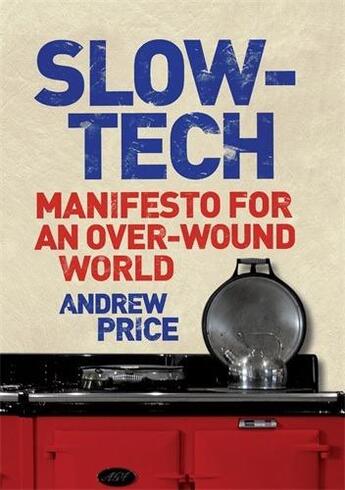-
Nombre de pages : (-)
-
Collection :
(-)
-
Genre :
(-)
-
Thème :
Non attribué
-
Prix littéraire(s) :
(-)
Résumé:
A sailor crossing the Atlantic in a small yacht would want to minimize excess baggage. But it would be unthinkable not to carry more fresh water than seemed necessary, to survive unexpected calms or storms. Yet the imperative of profit, especially over the last century, has driven modernity... Voir plus
A sailor crossing the Atlantic in a small yacht would want to minimize excess baggage. But it would be unthinkable not to carry more fresh water than seemed necessary, to survive unexpected calms or storms. Yet the imperative of profit, especially over the last century, has driven modernity towards 'lean, mean' strategies in every area of life; squeezing waste out of commercial, technological and environmental systems may make money in the short term, but is our highly geared, highly strung way of life sustainable? Andrew Price, sailor, explorer and environmental scientist at the University of Warwick argues that in the long-term, spare capacity actually pays. From the destruction of New Orleans to the loss of the world's fish-stocks and intractable problems such as MRSA, Slow-Tech demonstrates how the reckless pursuit of efficiency and cost-effectiveness frequently backfires. It makes the case for robustness as an equally important measure of performance in fields as diverse as healthcare, military operations and engineering. Unexpected and counter-intuitive yet convincing and timely, Slow-Tech offers an alternative vision for life in the twenty-first century - a rounded vision of balance and robustness that would be healthier for the planet - and healthier for us.
Donner votre avis














